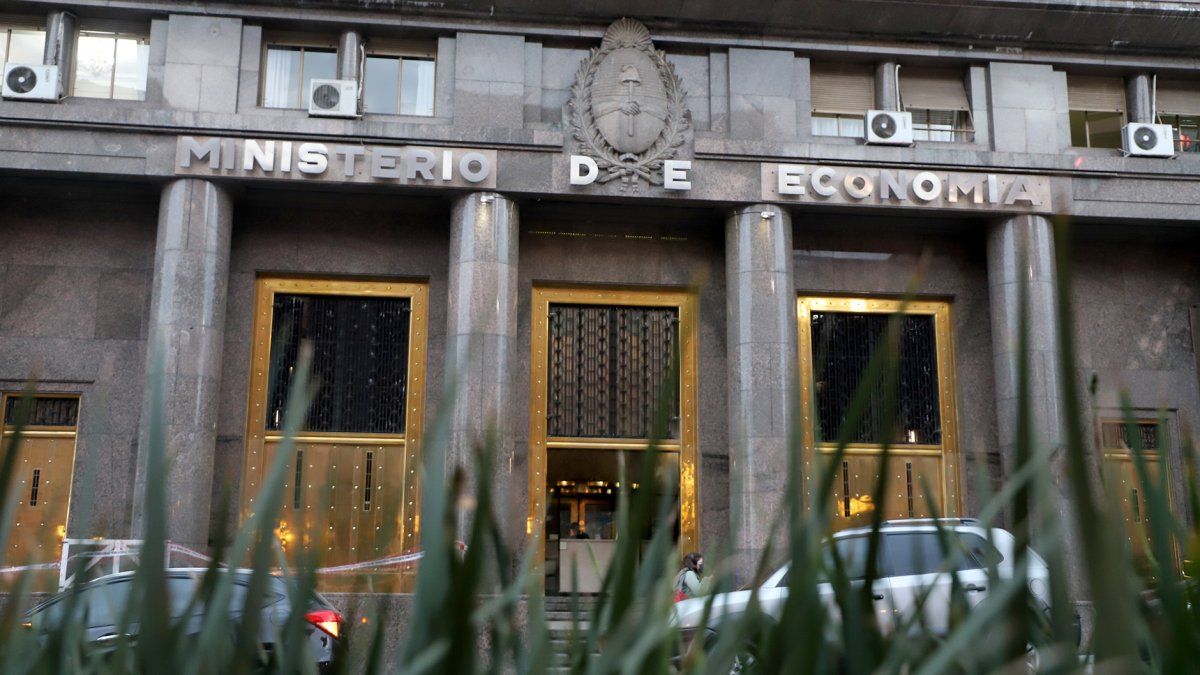The last point that appeared on the agenda of these meetings, in which the Finance Secretary, Eduardo Setti, the Treasury Secretary, Raúl Rigo, and the head of advisers, Leonardo Madcur, among others, usually participate, is “the reprogramming of funds to the provinces, especially those that have fixed terms and debts with the National State”. Specifically, it is a reduction to those districts that currently have their own funds to meet their commitments.
As Ámbito told, in her brief stint at the Ministry of Economy, Silvina Batakis had already set her sights on the issue. “While all the jurisdictions have a surplus, we bear the fiscal deficit,” the current president of Banco Nación told President Alberto Fernández at a meeting at the Casa Rosada, in which she went so far as to point out that “there are provinces and municipalities that have leveraged in fixed terms the payments of more than a year of the public administration and they continue to require funds from us”.
Despite this, transfers to the provinces continued to grow. In July, the month in which spending contracted in real terms, they exhibited a rise of 15.8%. In the same period, the 24 subnational districts registered real increases.
Sergio Massa resumed the agenda that Silvina Batakis had left pending and began to address it with the governors. But the provincial leaders, who promoted his arrival in the Cabinet, put the magnifying glass on the degree of contribution that they will be asked to order the national accounts.
This Tuesday, at a meeting of governors from the north of the country that took place in Jujuy, they made it clear. Sources that participated in the conclave explained to Ámbito that the proposal was made to the national officials present, the Chief of Staff Juan Manzur and the Secretary of Energy Flavia Royón, among others.
The first point, subject rates. The governor of Chaco, Jorge Capitanich, made a specific request for a differential to be considered in the electric service bills in the northern provinces. Something similar to the scheme that was put together with gas, which will have an impact in the south of the country.
There were also specific requests for public works in the provinces and municipalities, the Government assures that they will not stop, transport subsidies and what is usually known as discretionary transfers. Several of these points will have to be addressed in the next big discussion: the elaboration of the national budget.
In the Ministry of Economy they assure that the priority today is to “stabilize the economy”. That is what the measures aimed at cutting spending are aiming at. Concrete signs of austerity in a scenario of instability that has not yet dissipated.
Source: Ambito
David William is a talented author who has made a name for himself in the world of writing. He is a professional author who writes on a wide range of topics, from general interest to opinion news. David is currently working as a writer at 24 hours worlds where he brings his unique perspective and in-depth research to his articles, making them both informative and engaging.




